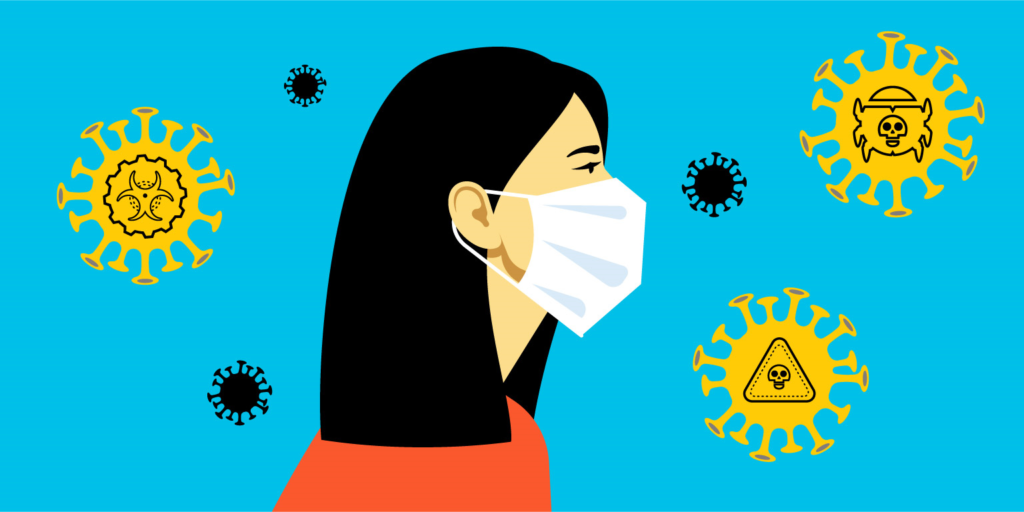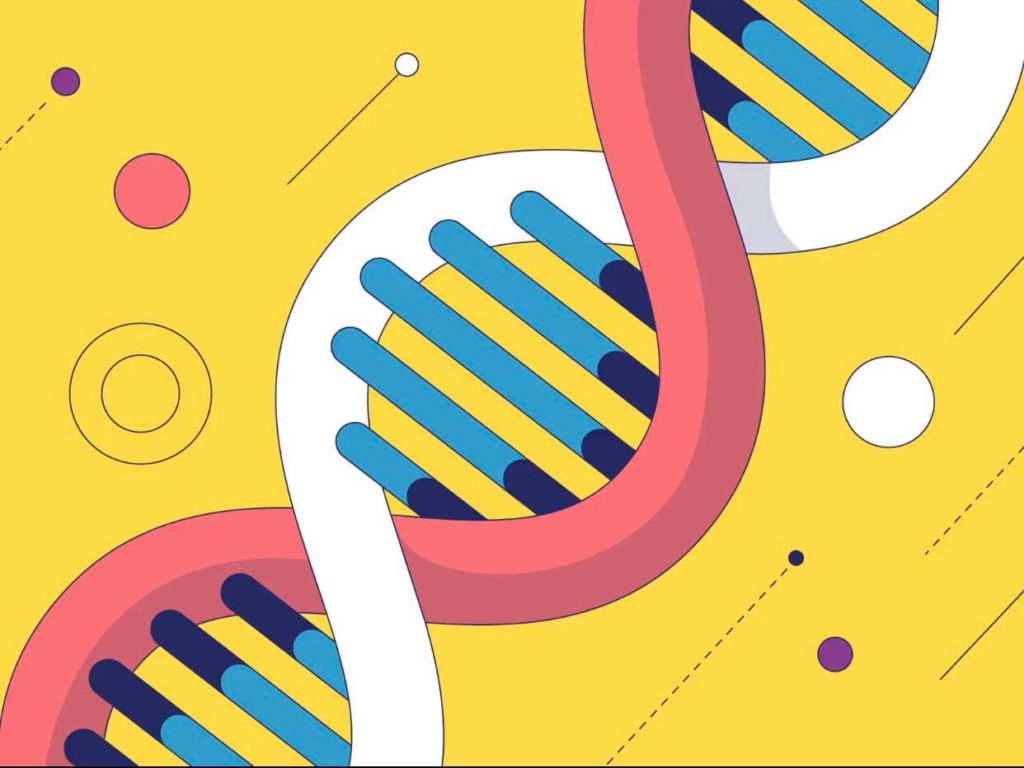
Some people’s genetic inheritance from Neanderthals may elevate their chances of contracting extreme COVID-19.
COVID-19 impacts some individuals far more severely than others, for instance, elderly people. But there are also other unknown factors which may have a similar effect. This summer, reputable worldwide researches have linked a gene cluster on chromosome 3 to increased risk of hospitalization and respiratory failure upon infection with the SARS-CoV-2 virus.
The origins of the threat genes were discovered when scientists in Sweden and Deutschland compared the DNA of extremely sick Covid-19 patients with that of Neanderthals. Scientists have claimed that a strand of DNA, that triples the chance of contracting severe Covid-19, was handed down from Neanderthals to modern humans. These genes have been present for almost 50,000 years. Thus, about 16% of Europeans and half of South Asians, at present, carry these genes.

“I almost fell off my chair because the segment of DNA was exactly the same as in the Neanderthal genome,” Hugo Zeberg, an assistant professor on the Karolinska Institute in Stockholm, informed the Guardian.
The research, however, offers no rationalization as to why this genetic variant increases the risk. All that is known is that one gene performs a job within the immune response system and another has been linked to the mechanism the virus uses to invade human cells. “We are trying to pinpoint which gene is the key player or if there are several key players, but the honest answer is that we don’t know which are critical to Covid-19,” Zeberg stated.
According to one study, the cluster of genes on chromosome 3 are mostly present in Bangladeshis, with 63% of them carrying a minimum of one copy of the DNA sequence.

“The genes in this region may well have protected the Neanderthals against some other infectious diseases that are not around today, but now when we are faced with the novel coronavirus these Neanderthal genes have tragic consequences,” says Svante Pääbo, director of the Max Planck Institute of Evolutionary Anthropology in Leipzig.
The death toll has been increasing since the beginning of this pandemic and now there is a theory claiming that some of the ancestral DNA present in our genome might make us more susceptible to COVID-19. But we still have no concrete evidence as to how definitive the contents of the research are.
Therefore the researcher, who led the worldwide workforce that initially deciphered the Neanderthal genome in 2010, stated that most individuals who perished in the present pandemic had a genetic contribution from that of Neanderthals.
Writer: Shreyoshi Sharbojoya
Editor: Samiha Rahman
